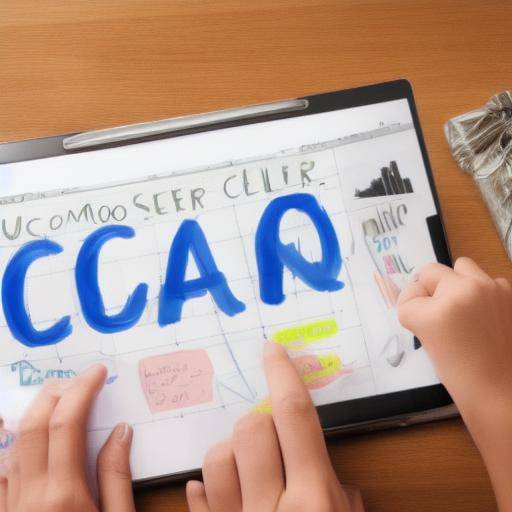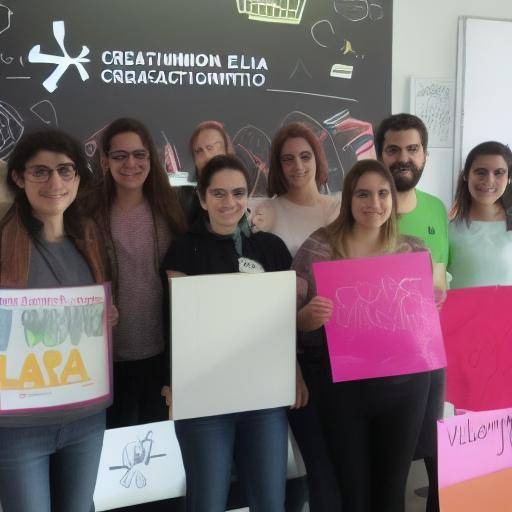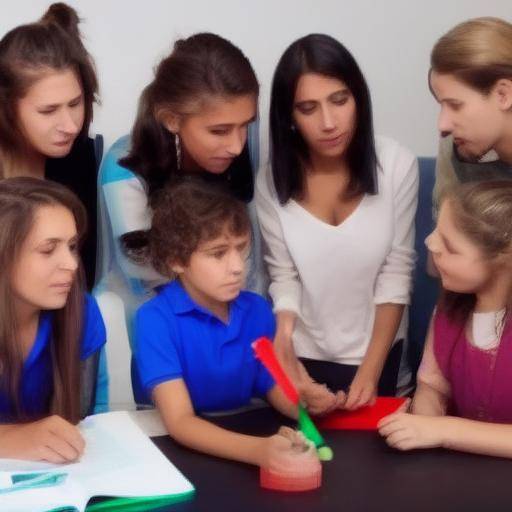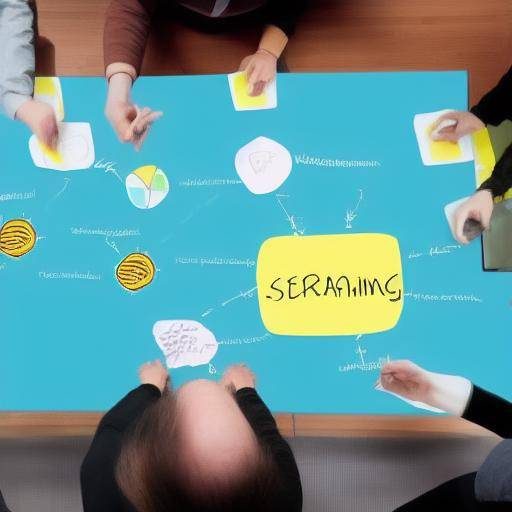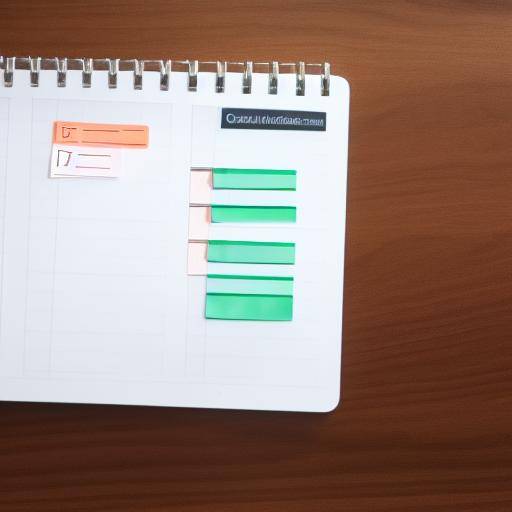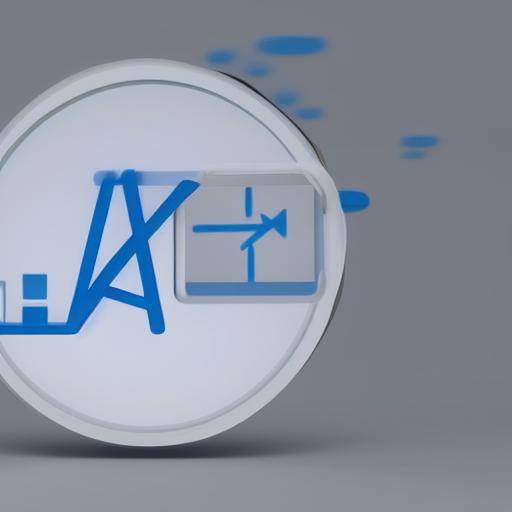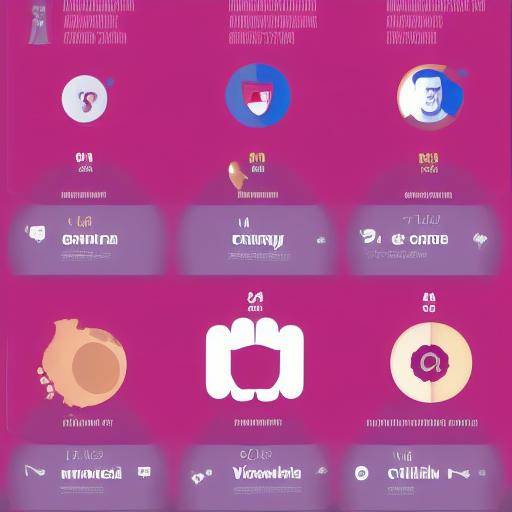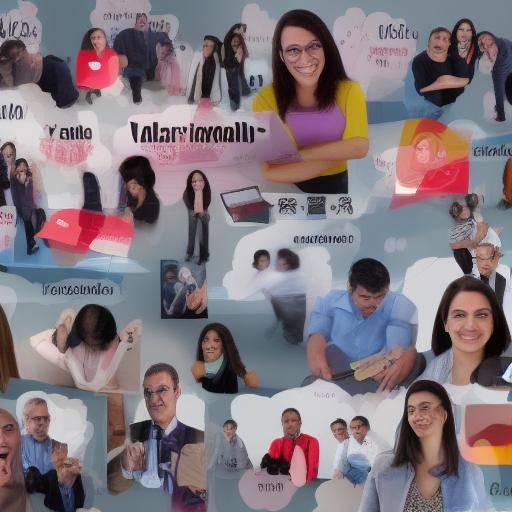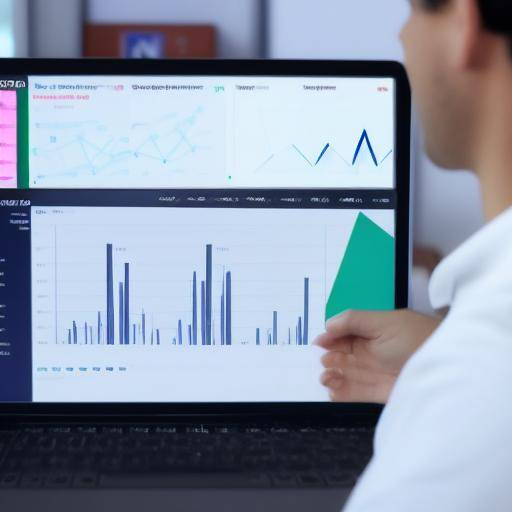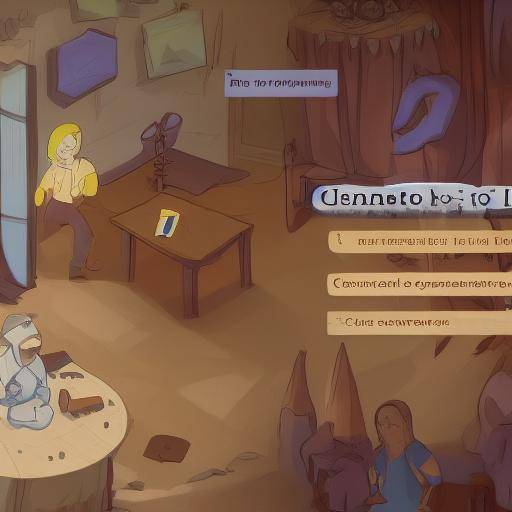
Open-mindedness and flexible planning are fundamental to the personal and professional development of people. In a constantly changing world, to adapt and maintain a mental opening attitude has become crucial. This article explores the importance of the open mindset in flexible planning, addressing its meaning, practical applications and its impact on personal development.
Introduction
Open-mindedness and flexible planning are two interconnected concepts that have a significant impact on how people address challenges, make decisions and adapt to changing situations. The open mindset refers to the willingness to consider new ideas, perspectives and experiences, while flexible planning implies the ability to adjust plans and strategies according to changing circumstances. Both concepts are essential in personal and professional development, as they enable people to develop skills to meet the challenges with resilience and adaptability.
In this article, we will explore in depth the importance of the open mindset in flexible planning, examining its historical relevance, its benefits and challenges, practical applications, and its impact on personal development. In addition, we will learn from industry experts, review case studies, and discuss future trends in the context of these fundamental concepts.
History and Background
Open-mindedness and flexible planning have deep roots in the history of psychology, philosophy and change management. From the advent of the theory of change management in organizations to the development of positive psychology, these concepts have evolved over time and have become increasingly important in the modern era.
Origins and Evolution
The open mindset has its roots in philosophy and psychology, with significant influences of thinkers such as John Dewey and Carl Rogers. The concept of flexible planning, on the other hand, has been a central theme in the management of change and organizational theory since the pioneering contributions of Kurt Lewin and his colleagues.
Open-minded concepts and flexible planning have evolved through interdisciplinary research, including neuroscience, positive psychology, and organizational change management. Progress in these areas has contributed to a deeper understanding of how people can adapt and thrive in dynamic changing environments.
Significant issues
Some significant milestones in the evolution of the open mindset and flexible planning include popularizing concepts such as emotional intelligence, resilience, and side thinking. They have served as catalysts for the adoption of practices and strategies that promote flexibility and mental openness in various spheres of life.
Anecdotes and Case Studies
History is full of examples of individuals and organizations that have embraced the open mindset and flexible planning to overcome challenges and achieve success. Cases of entrepreneurs who have demonstrated resilience to adversity are highlighted, leaders who have adopted innovative approaches to decision-making, and teams who have successfully navigated through volatile business environments thanks to their ability to adapt.
Analysis in Deep
The adoption of an open mindset and the practice of flexible planning entail a number of benefits and challenges that merit detailed analysis. These aspects provide a clear view of the vital importance of these concepts in personal and professional development.
Benefits
Open-mindedness and flexible planning offer significant benefits, including the ability to adapt to changing environments, improved problem solving, creative development and innovation, and strengthened interpersonal relationships and leadership skills. People who adopt an open mindset and practice flexible planning tend to experience lower levels of stress and anxiety, as they are better prepared to face unforeseen challenges.
Challenges
Despite the many benefits, the adoption of an open mindset and the practice of flexible planning are not without challenges. Some individuals can resist change, making it difficult to implement these concepts in personal and work environments. In addition, uncertainty associated with flexible planning can generate anxiety in some people, which requires a careful and balanced approach to their effective implementation.
Current trends
At present, the adoption of an open mindset and the practice of flexible planning are themes of growing interest in various fields, including business management, organizational psychology, and personal development. The COVID-19 pandemic has highlighted the importance of these concepts, as organizations and individuals have been forced to adapt to rapid and unpredictable changes.
Furthermore, progress in neuroscience and positive psychology is shedding light on the underlying mechanisms of open-mindedness and flexible planning, leading to greater understanding and practical applications in individual and collective environments.
Comprehensive review
Open-mindedness and flexible planning have a wide range of practical applications, both personal and professional. Its positive impact extends to multiple areas of life, from decision-making to organizational change management.
Practical Applications
In the personal sphere, the adoption of an open mindset and the practice of flexible planning can improve the resolution of everyday problems, strengthen interpersonal relationships, and promote emotional well-being. At the professional level, these qualities are crucial to effectively lead teams, innovate in competitive business environments, and navigate through changing working conditions.
Best Practices
Best practices to promote open-mindedness and flexible planning include fostering an inclusive and collaborative working environment, promoting diversity of thinking, training in problem-solving and decision-making, and setting up agile and adaptive processes in organizations.
Analysis of Experts
According to experts in organizational psychology and change management, the adoption of an open mindset and the practice of flexible planning are essential to confront the challenges of the twenty-first century. These experts highlight the need to cultivate resilience, adaptability and emotional intelligence in individuals and organizations to thrive in dynamic and complex environments.
Comparative analysis
Open-mindedness, flexible planning and personal development are intrinsically related, and a comparative analysis between these concepts reveals their interconnections and their potential to enhance personal and professional growth.
Similarities and Variances
Open-mindedness and flexible planning are fundamental to personal development, as they promote the exploration of new ideas, the search for innovative solutions, and adaptation to unforeseen situations. On the other hand, personal development encompasses a broader spectrum, including emotional growth, self-consciousness, and the establishment of significant goals in life.
Potential synergies
The combination of an open mindset and flexible planning in the context of personal development can result in greater capacity to overcome obstacles, assume calculated risks, and achieve success significantly. These concepts complement each other to foster a holistic approach to personal growth and self-realization.
Examples Details
Understanding how these concepts are intertwined is fundamental to maximizing their impact on everyday life and on the workplace. Detailed case studies illustrating the successful integration of an open mindset, flexible planning and personal development provide concrete examples of how these concepts can positively transform the trajectory of individuals and organizations.
Practical Tips and Accessible Recommendations
The adoption of an open mindset and the practice of flexible planning can be encouraged through practical advice and actionable recommendations that provide people with the tools necessary for their effective implementation.
Practical Tips
- Cultivate curiosity: Encourage the exploration of new ideas, perspectives and experiences to strengthen the open mindset.
- Promoting adaptability: Develop the ability to adjust plans and strategies according to changing circumstances to promote flexible planning.
- Practice empathy: Adopt a compassionate position towards others to foster an environment of openness and collaboration.
- Find feedback: Be open to receiving constructive comments to boost personal and professional growth.
- Set flexible goals: Define adaptable objectives that can be adjusted according to changing conditions.
Accessible recommendations
- Perform visualization and planning exercises to explore diverse scenarios.
- Participate in training programs that promote emotional intelligence and efficient decision-making.
- Find mentors or advisers who can provide guidance and support in the development of an open mindset and in the implementation of flexible planning strategies.
- Explore opportunities for self-exploration and personal growth through readings, courses, and personal development activities.
Industry Perspectives and Expert Reviews
Industry perspectives and expert views on psychology, change management and personal development provide a valuable insight into the importance of open mindset and flexible planning in the current context.
Future Implications
According to experts in organizational psychology, the ability to adapt to changing environments and develop an open mindset will be a determining factor in personal and organizational success in the future. The speed of technological and social change requires people to be open to new ideas and able to adjust to new scenarios efficiently and effectively.
Trends and Prognostics
Current trends aim at promoting mental agility and resilience as key competencies in the labour and business sphere. Organizations that foster a culture of openness and adaptability are more likely to prosper in competitive and volatile environments.
Cases and Applications in Real Life
Specific examples of successful implementation of open-mindedness and flexible planning in real-life situations provide a practical understanding of their benefits and challenges.
Results and Lessons Learned
Case studies that illustrate how individuals and organizations have successfully implemented the open mindset and flexible planning in solving specific challenges provide valuable lessons on effective strategies and approaches to avoid.
Examples in Different Contexts
Examples of the application of open-mindedness and flexible planning in different industries, working environments and personal situations provide a broad view of their versatility and relevance in various circumstances.
Future Trends and Predictions
The future of open-mindedness, flexible planning and personal development is based on current trends and expert projections in various fields.
Emerging trends
Greater emphasis is being placed on promoting emotional intelligence, resilience and adaptability as key competencies in education, business management and the workplace. The incorporation of these skills into individual and organizational development programmes is expected to be a priority approach.
Current Data-Based Predictions
Based on current data and trend analysis, open mindset and flexible planning are expected to be increasingly critical for innovation, problem solving and effective decision-making in an interconnected and dynamic global environment.
Conclusions
Open-mindedness and flexible planning are fundamental to personal and professional development in a changing world. The ability to adapt to new circumstances, consider diverse perspectives and adjust plans and strategies flexibly are essential skills to thrive in dynamic and competitive environments. By developing an open mindset and practicing flexible planning, people can strengthen their resilience, enhance their creativity and innovation, and promote strong and effective interpersonal relationships.
Ultimately, the combination of an open mindset, flexible planning and personal development provides a powerful platform for individual growth and professional success. By actively adopting these concepts and implementing best practices, people can cultivate skills and approaches that enable them to overcome challenges, achieve significant goals and remain adapted to a changing world.
Frequently asked questions
1. How can open mindset be fostered in working and organizational settings?
In working and organizational settings, fostering open-mindedness involves promoting diversity of thought, fostering open communication and encouraging the exploration of new ideas and approaches.
2. What are some concrete examples of flexible work planning?
Flexible planning in the workplace may include the ability to adjust working hours, reorganize tasks based on changing priorities, and adopt agile approaches to decision-making.
3. How can flexible planning contribute to personal development?
Flexible planning allows people to adapt to unexpected changes, explore new opportunities and adjust their goals and strategies as personal and professional circumstances evolve.
4. What is the impact of an open mindset on problem solving?
An open-minded mentality allows to address problems from diverse perspectives, which can enrich the proposed solutions and foster creativity in the problem-solving process.
5. How can organizations foster the adoption of an open mindset among their employees?
Organizations can foster the adoption of an open mind through training in emotional intelligence and critical thinking, creating spaces for the exchange of ideas, and recognition and value
6. How do open mindset, flexible planning and personal development influence effective leadership?
Effective leadership benefits from an open mindset and adaptive capacity for flexible planning, while personal development strengthens team-centred self-consciousness and leadership.
This article has explored in depth the importance of open-mindedness and flexible planning in the context of personal and professional development. By understanding these concepts and applying best practices, people can strengthen their capacity to face challenges, effectively innovate and stay agile in a changing world.










